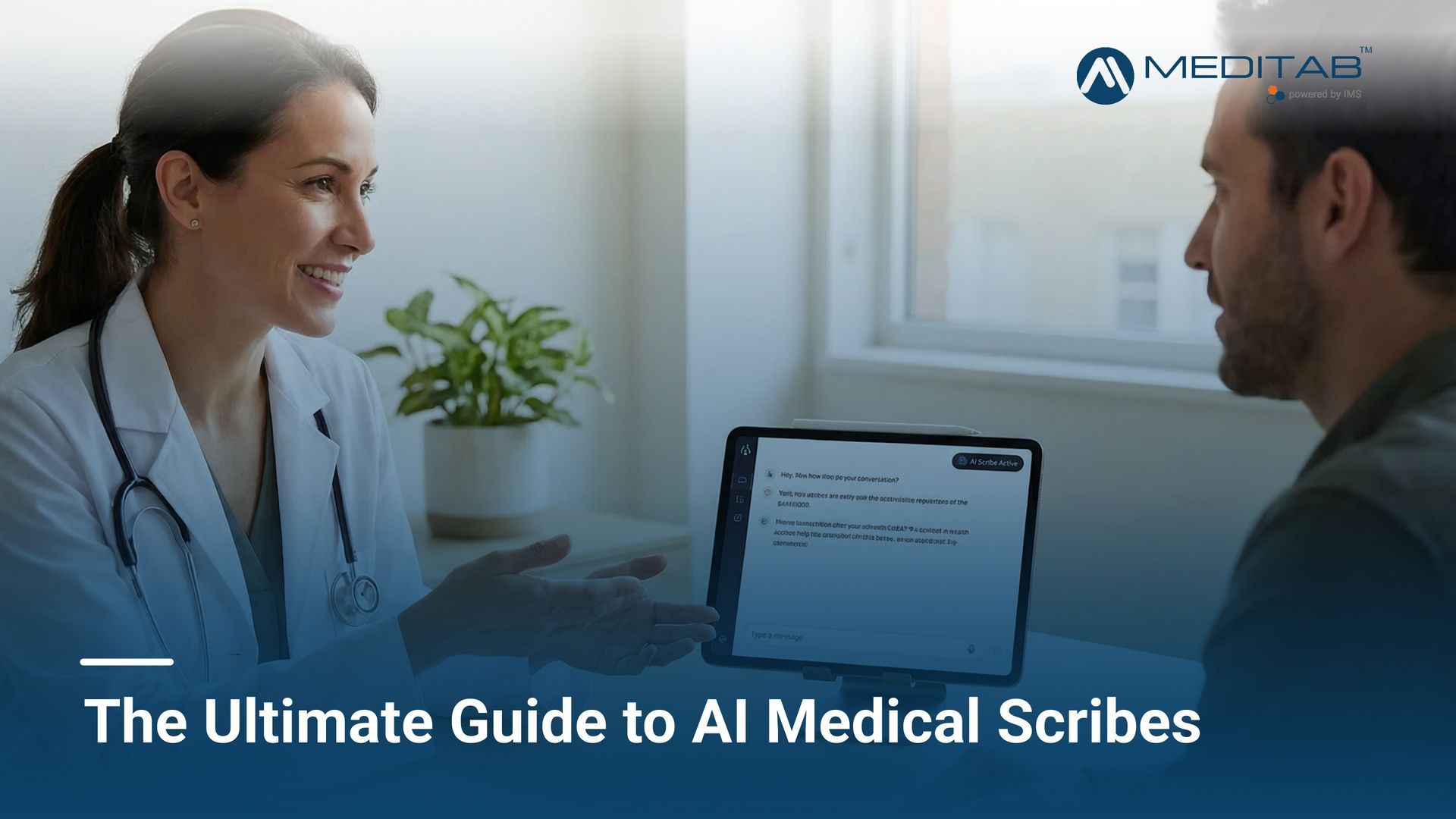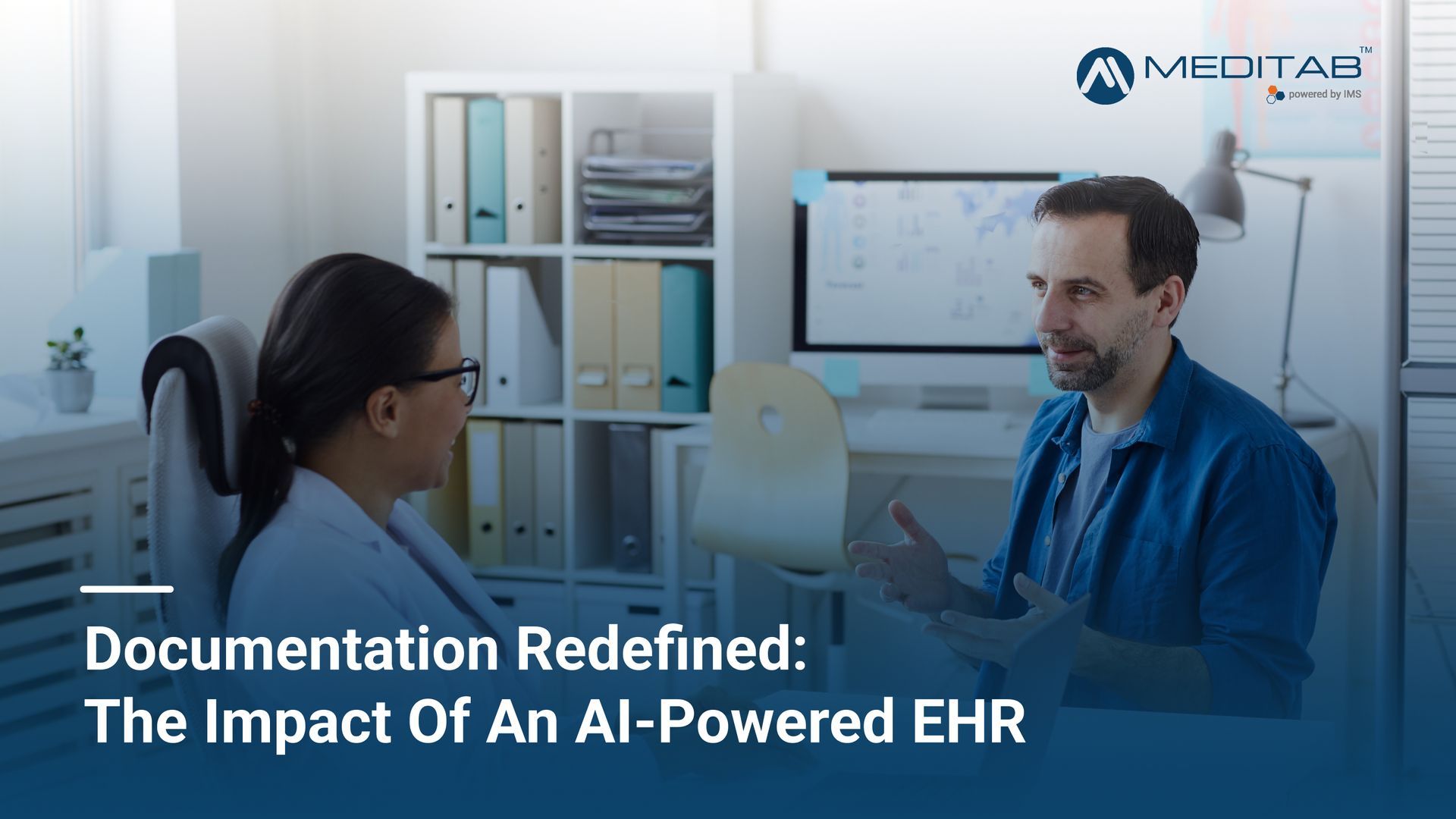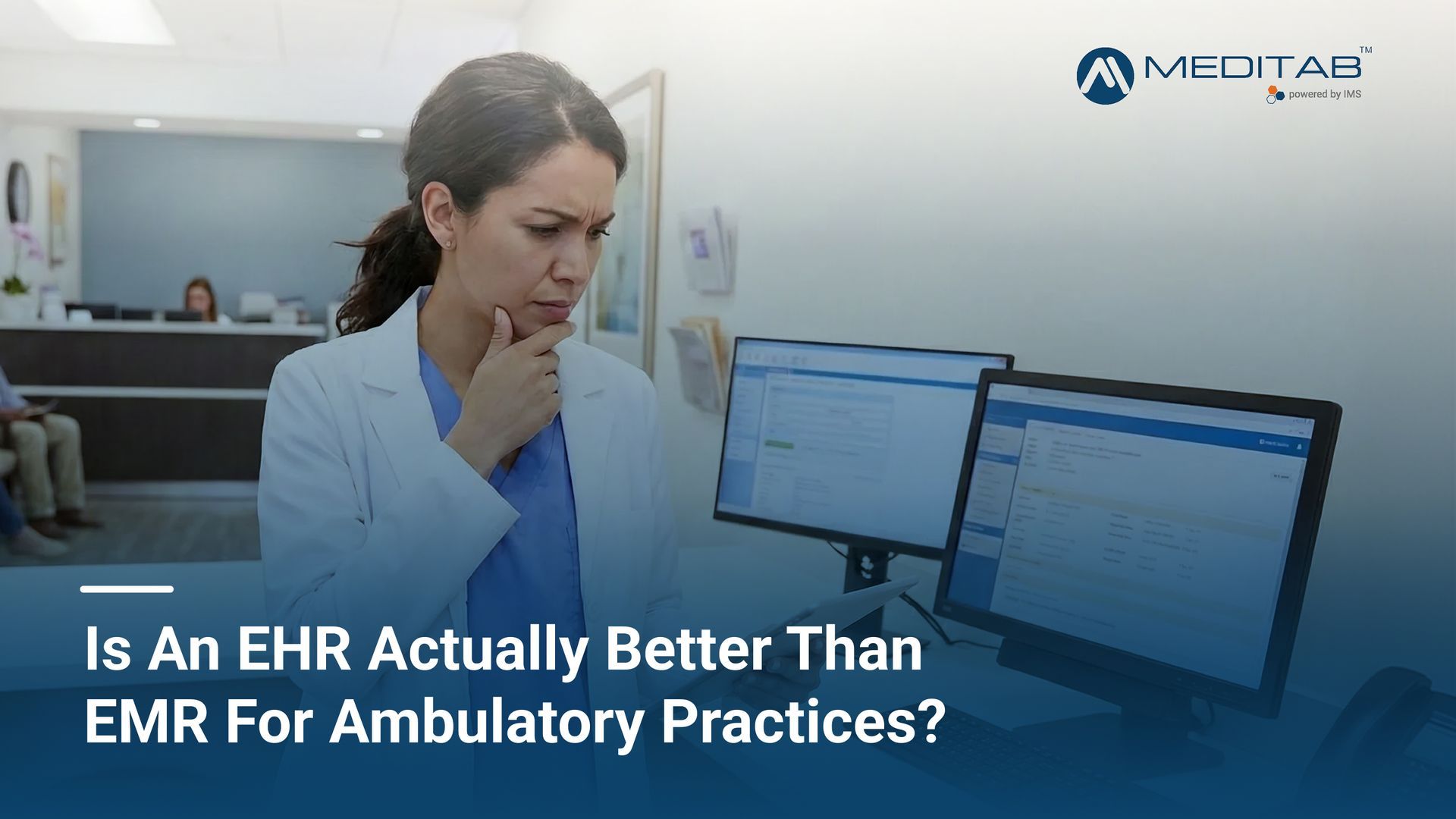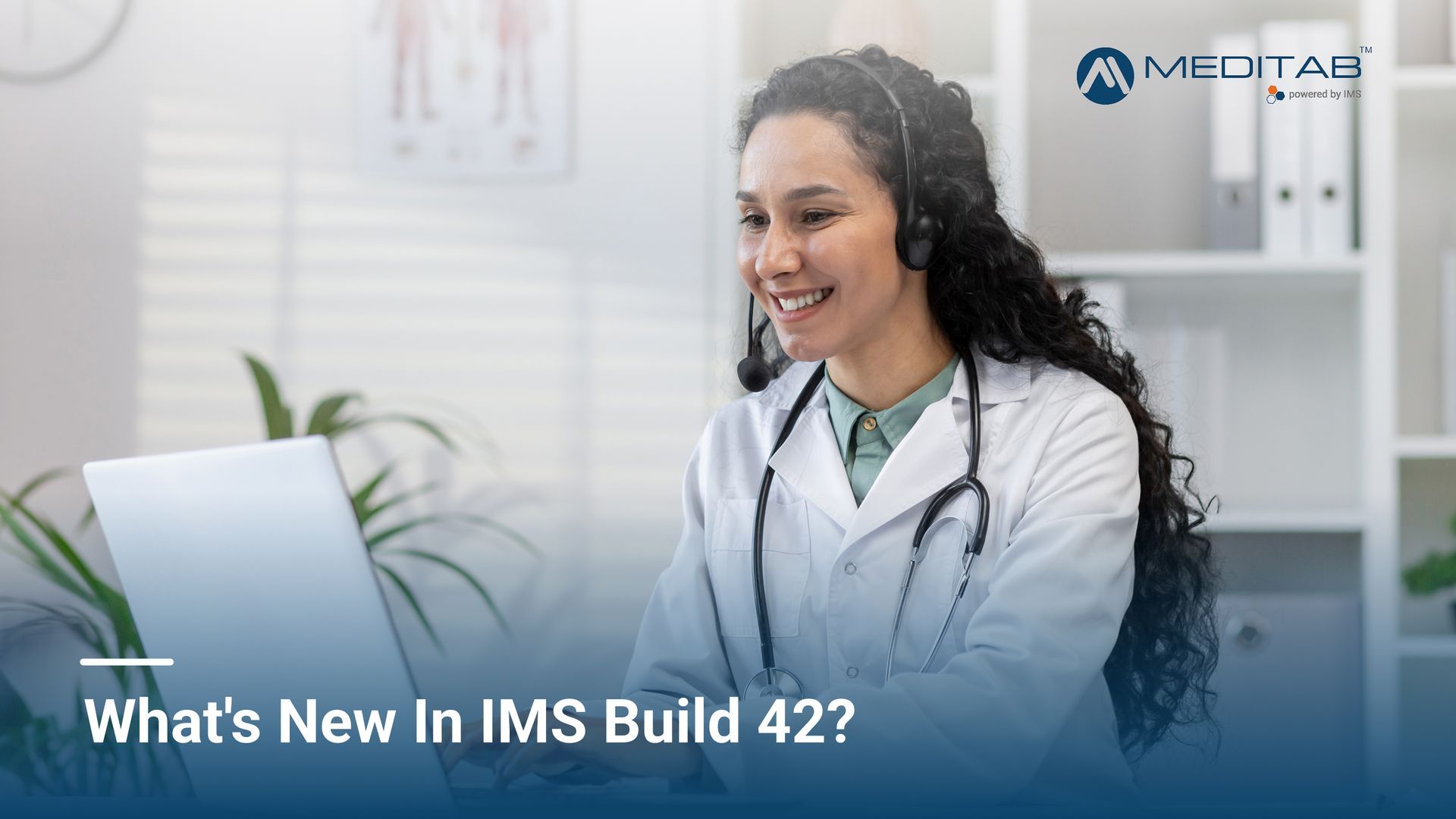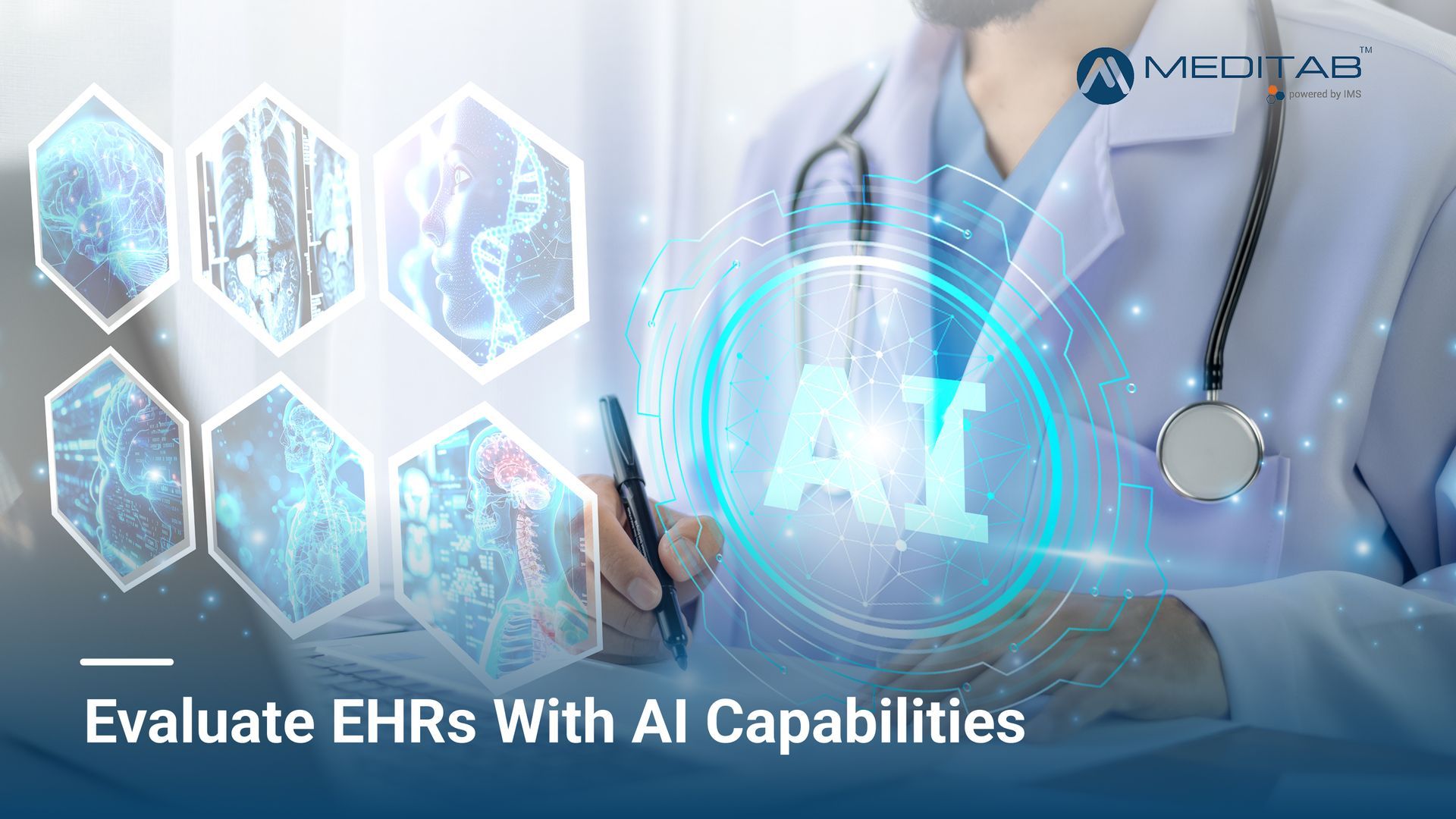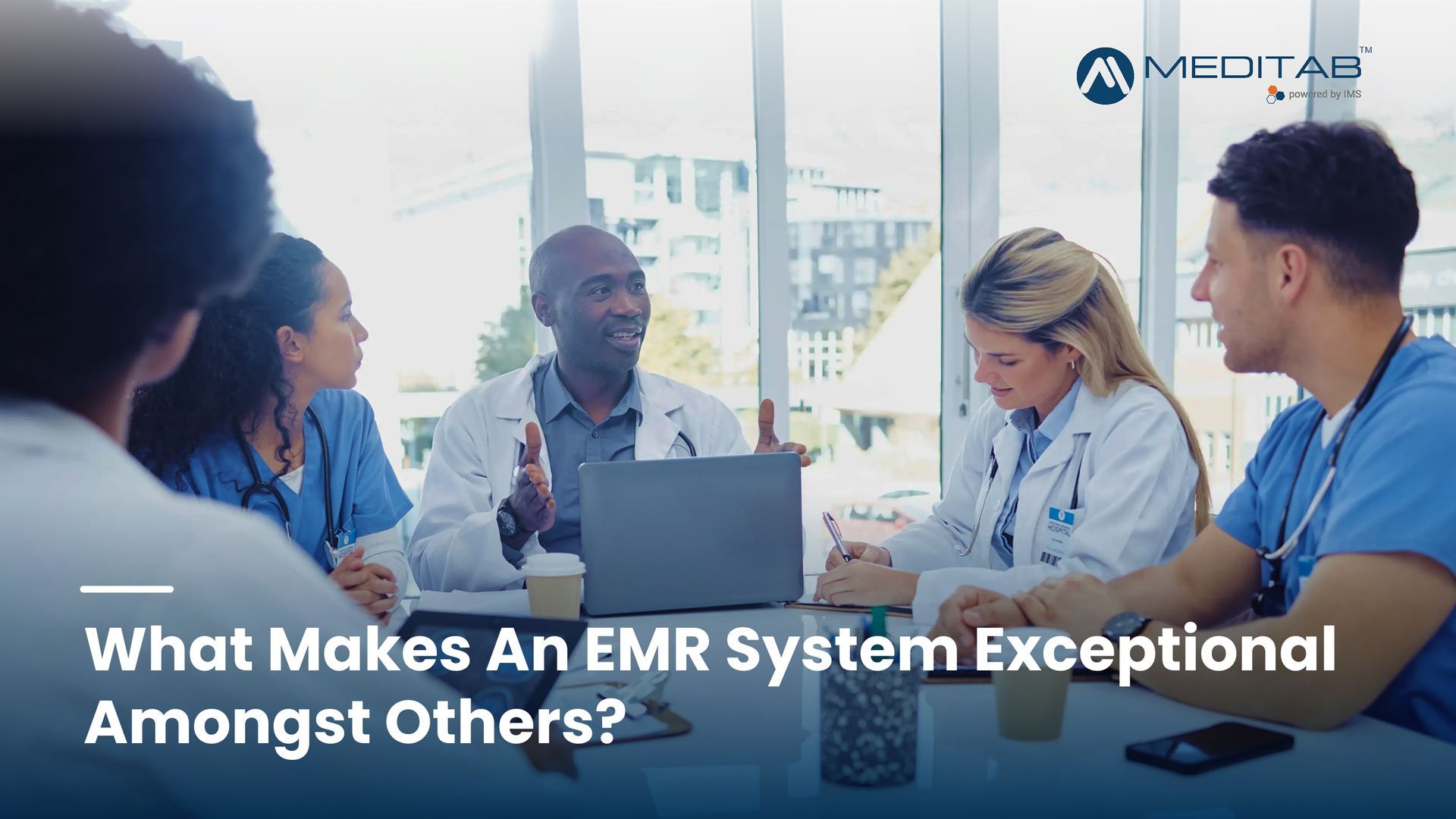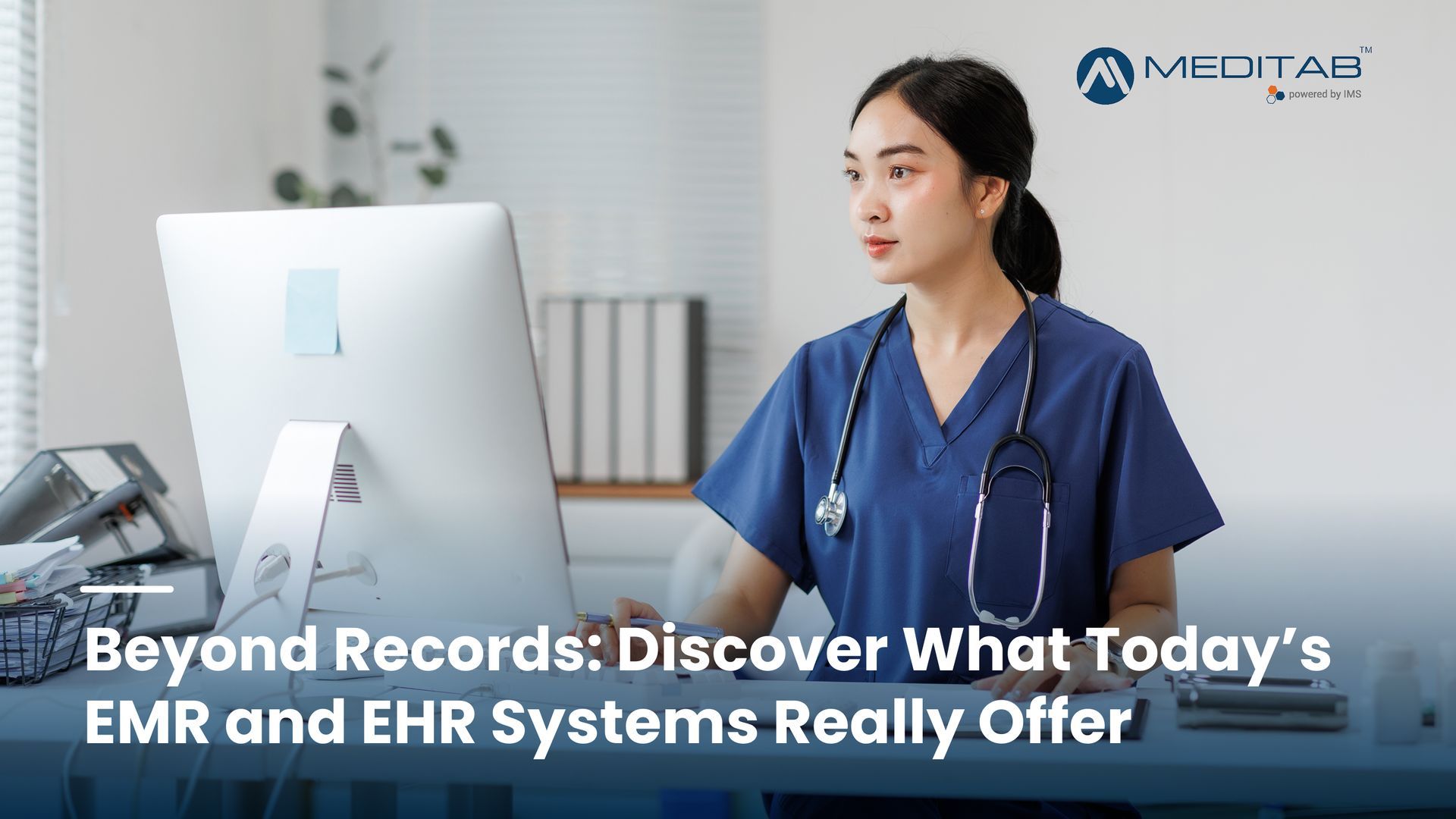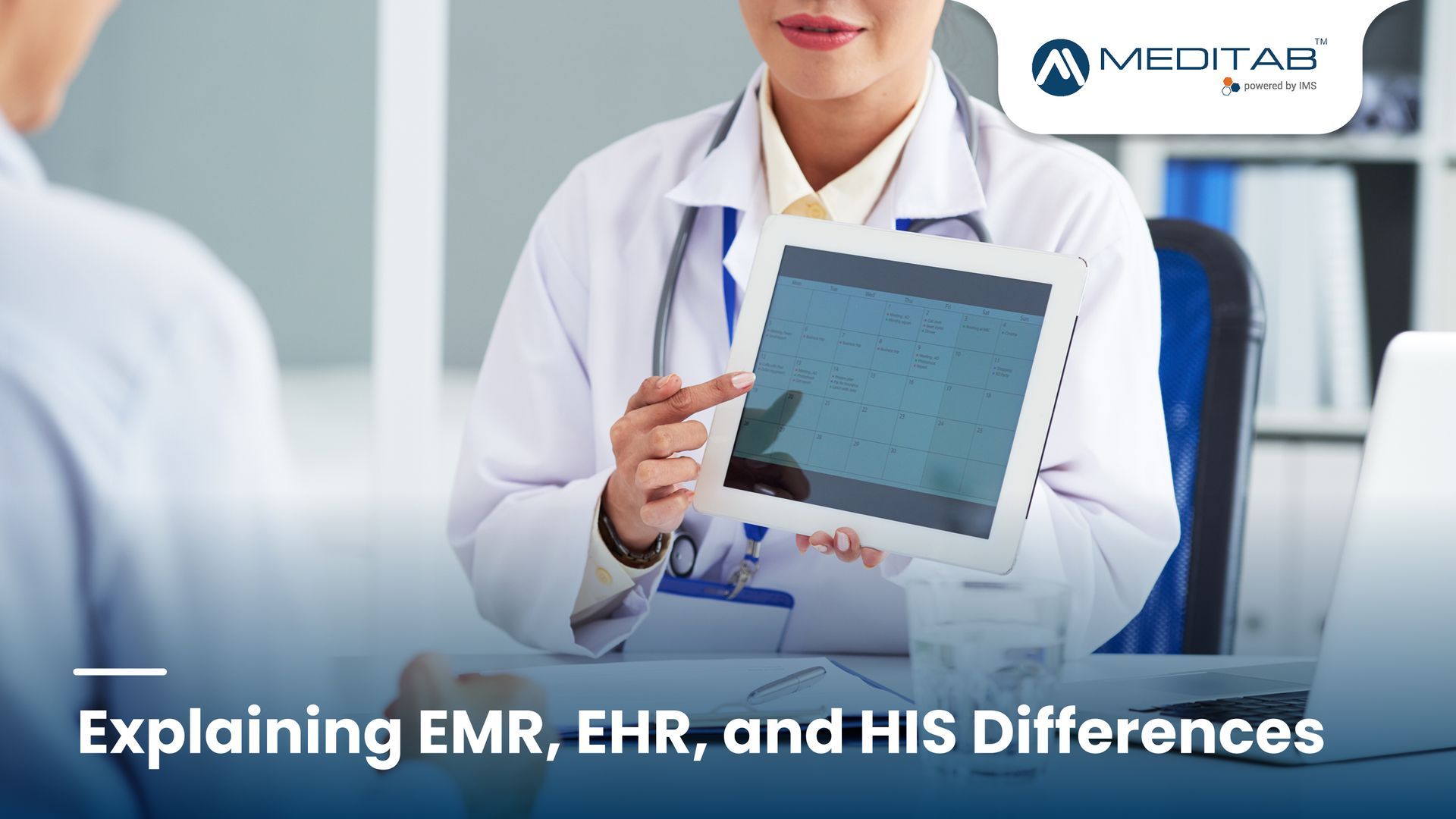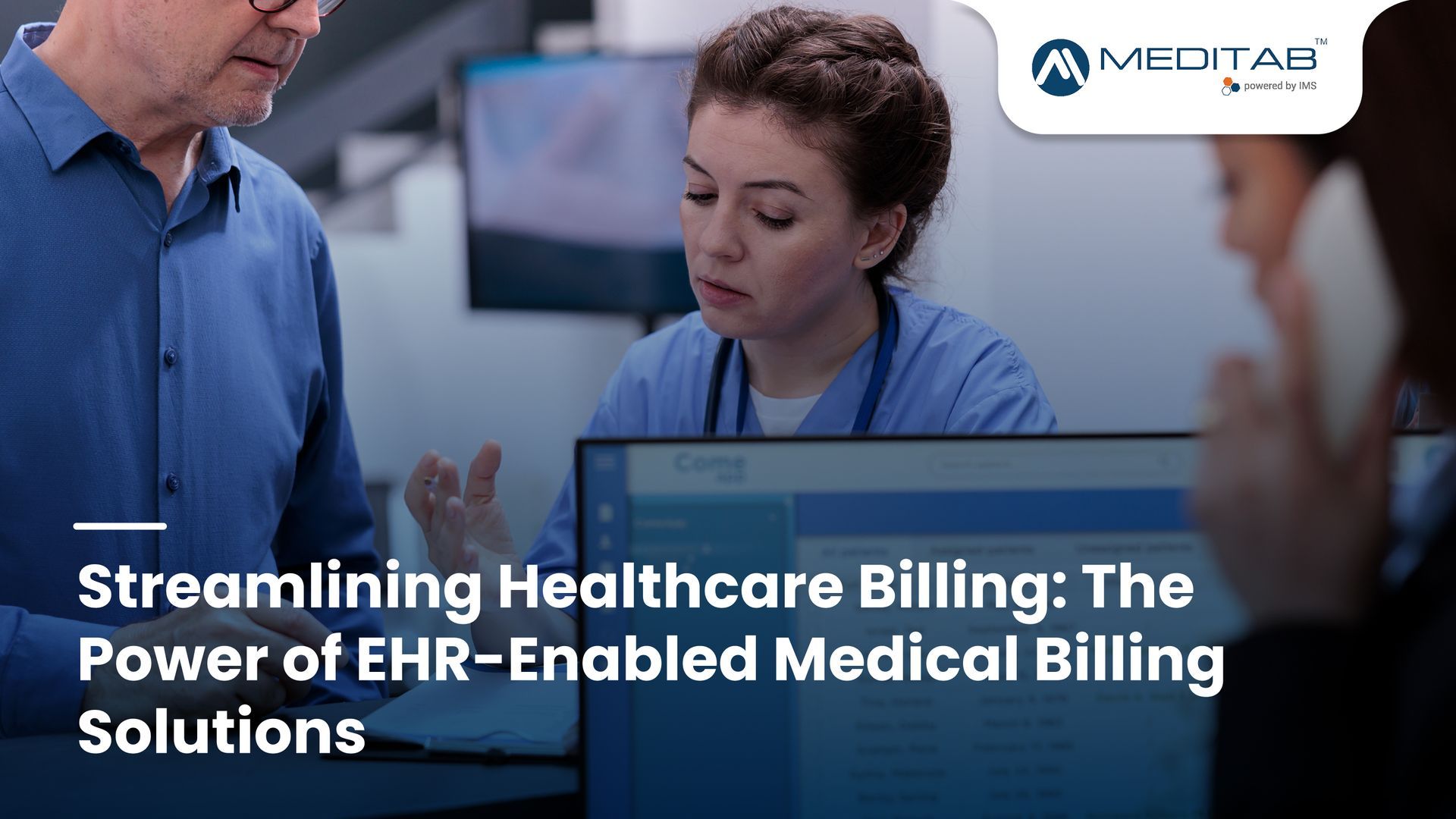What Tools and Technologies Improve Patient Satisfaction?

A recent
Ipsos survey reveals widespread dissatisfaction with the healthcare system among Americans. 61% of respondents find the system a hassle, and 63% feel stressed when navigating it. Additionally, 25% have skipped or postponed care due to a lack of timely appointments, and 21% delayed care because of negative encounters.
Only 32% of Americans are extremely or very satisfied with the U.S. healthcare system.
Patient satisfaction in healthcare measures how happy or unhappy patients are with the care they receive, informing decisions in improving healthcare services. It encompasses various aspects, including:
- Quality of treatment
- Efficiency of service delivery
- The environment of the healthcare facility
- Interactions with healthcare providers
High patient satisfaction indicates that a healthcare provider meets or exceeds patient expectations, which is crucial for the success of any healthcare organization. However, administrative burdens and inefficiencies in the healthcare system hinder providers from delivering the best possible care, leading to lower patient satisfaction.
Many highly rated practices boost and maintain patient satisfaction through tools and technologies that improve accessibility, efficiency, and personalization of care. This approach meets patients' immediate needs and fosters long-term loyalty and better health outcomes.
Some of the most impactful innovations from
Meditab have greatly enhanced patient satisfaction in our partners’ organizations, ensuring they deliver high-quality care while achieving operational success.
Why Patient Satisfaction Matters
Happy patients lead to significant advantages and are vital to any healthcare provider's success. Here’s an in-depth look at why patient satisfaction should be a top priority:
1. Better Financial Performance
High patient satisfaction leads to increased revenue through repeat visits, new patient referrals, and lower costs associated with complications and readmissions. Satisfied patients are also more likely to pay their bills promptly and utilize additional services offered by the healthcare provider.
In many healthcare reimbursement models, such as value-based care, compensation correlates with patient satisfaction. Providers with high satisfaction scores receive financial incentives and bonuses, enhancing their financial performance.
2. Patient Retention and Loyalty
Patients satisfied with their healthcare provider are more likely to return for future medical needs. Loyalty is crucial for building a stable patient base and ensuring consistent revenue.
Patients with positive experiences are more inclined to refer their family and friends to their medical providers. Word-of-mouth marketing is invaluable for attracting new patients and establishing your reputation.
3. Employee Satisfaction and Retention
High patient satisfaction often reflects a positive work environment where medical professionals feel valued and supported. Happy employees tend to stay with the organization, reducing turnover rates and associated recruitment and training costs.
When patients express satisfaction with their care, it can boost the morale and engagement of healthcare providers. Engaged employees boost productivity, deliver better care, and foster a positive workplace culture.
4. Better Health Outcomes
Studies have linked patient satisfaction with improved health outcomes. Satisfied patients keep follow-up appointments, adhere to treatment plans, and take preventive health measures.
In addition, effective communication, proper discharge planning, and patient education play significant roles in preventing readmissions, resulting in lower healthcare costs and better health outcomes.

6 Tools and Technologies to Increase Patient Satisfaction
Improving patient experience involves investing in tools and technologies that make healthcare more accessible, efficient, and personalized. Here are the top solutions from Meditab that help your practice stay competitive and meet your patients' evolving needs.
1. Telemedicine
Telemedicine involves using digital communication tools to deliver clinical services to patients virtually. Most healthcare providers have successfully implemented telemedicine programs, and more patients nationwide are continuously embracing virtual care.
One study showed that 95–100% of patients are satisfied with telemedicine compared to in-person appointments. Patients cite the convenience of telemedicine as the primary driver of satisfaction.
Meditab's Televisit is an IMS-integrated, HIPAA-compliant telemedicine solution that allows healthcare providers to offer remote care seamlessly integrated with their EHR system.
Benefits
- Convenience and Accessibility: Our platform allows patients to consult with doctors from their own homes, reducing the need for travel and minimizing wait times.
- Timely Consultations and Follow-Ups: Patients can quickly schedule follow-ups and receive timely advice, improving the management of chronic conditions.
- Reduced Travel Time and Costs: IMS Televisit eliminates the need to travel to healthcare facilities, which is especially beneficial for patients in rural areas.
- Comprehensive Integration: IMS Televisit facilitates patient check-ins, note-taking, and payment processing, making virtual care seamless and efficient.
2. Electronic Health Records (EHRs)
Essentially, EHRs are digitized patient charts. Their real-time, patient-centered records make information available to authorized users instantly and securely.
Meditab’s all-in-one EHR solution, IMS, combines practice management and EHR tools in one platform, improving efficiency and patient care.
Benefits
- Streamlined Information Management: IMS centralizes patient data, allowing for easier access and management of comprehensive patient histories.
- Improved Coordination of Care: Integrating all necessary tools ensures seamless communication among healthcare providers, promoting coordinated and consistent care.
- Enhanced Patient Safety: Accurate and up-to-date records in IMS reduce the risk of errors and improve the quality of care.
3. Patient Portals
Patient portals are secure online platforms that allow patients to access personal health information 24/7 from anywhere with an internet connection.
Meditab’s IMS Care seamlessly integrates web and mobile platforms, ensuring a smooth and intuitive experience and fostering a more engaged and informed patient base. Patient portals encourage patients to actively manage their health by offering a direct line to their healthcare providers and easy access to their health information.
Benefits
- Easy Access to Health Information: A user-friendly interface lets patients check their medical records, lab results, and medication lists.
- Direct Communication with Providers: The portal facilitates secure messaging with healthcare providers, making asking questions and receiving advice easier.
- Prescription Refills and Online Appointment Scheduling: Patients can schedule appointments, request prescriptions, and manage payments without the need to call the clinic.
4. Mobile Health Apps
Mobile health apps are software applications that offer health-related services on smartphones and tablets. IMS Care’s HIPAA-compliant mobile app enhances patient engagement by providing easy access to healthcare services.
Benefits
- Health Tracking and Monitoring: Apps can track various health metrics such as fitness, diet, and chronic condition management. Patients can also manage payments, request medication refills, and schedule appointments.
- Medication Reminders: Patients may set reminders for taking medications, improving adherence.
- Access to Health Education: The app provides educational resources, visit notes, and lab results, supporting patients in managing their health.
5. Patient Engagement Software
Patient engagement software consists of digital tools that simplify patient-provider communication, improve engagement, and optimize healthcare outcomes.
Meditab’s IMS InTouch is an example of such software. It integrates with EHR systems to automate patient communication through email and text messaging.
Providers using IMS InTouch effectively reduce no-shows, increase compliance, and improve satisfaction by ensuring patients receive timely and relevant information. This software supports a comprehensive and personalized engagement system that fosters stronger patient-provider relationships and enhances the patient experience.
Benefits
- Improved Communication: By automating messages and reminders, staff can focus more on direct patient care.
- Increased Adherence to Treatment Plans: Send appointment reminders and updates to help patients comply with their treatments.
- Enhanced Patient Education: You can provide your patients with timely updates on billing, visit notes, and lab results.
- Personalized Care: Benefit from customizable scheduling for messages, tailored alerts, and personal touches like birthday greetings.
6. Wearable Technology
Devices that monitor health metrics include fitness trackers, smartwatches, blood pressure monitors, spirometers, and other specialized medical devices. Wearable device data can be shared with healthcare providers, offering a comprehensive view of the patient's health and aiding in accurate diagnosis and treatment.
Benefits
- Continuous Health Monitoring: Wearables monitor vital signs such as blood pressure, activity levels, and sleep patterns.
- Early Detection of Health Issues: Wearables can alert users to potential health issues, prompting early intervention.
- Personalized Health Insights: Devices offer customized recommendations based on the data collected.
Meditab’s partner, LiveCare, delivers an advanced remote patient monitoring system compatible with more than 100 brands of home medical devices, sensors, and wearables. This system includes a multi-network 4G feature, ensuring patients remain connected.
The system also supports two-way stable communication, allowing patients to keep in touch with their medical providers. Additionally, it includes a feature that enables patients to send emergency messages around the clock.
HIPAA-compliant servers store and safeguard all patient information. These servers send and share with IMS, Meditab’s EHR, ensuring efficient and continuous care.
Enhance Patient Experience with Meditab’s IMS
Investing in tools and technologies is essential for enhancing patient satisfaction, improving health outcomes, and ensuring the overall success of your healthcare practice. Meditab's IMS solutions are designed to integrate seamlessly into your workflow, making it easier to deliver high-quality care and foster strong patient relationships.
Ready to improve your practice and meet your patients' changing needs? Contact Meditab today to learn more about our innovative healthcare solutions and how we can help you achieve higher patient satisfaction and more efficient practice management.


